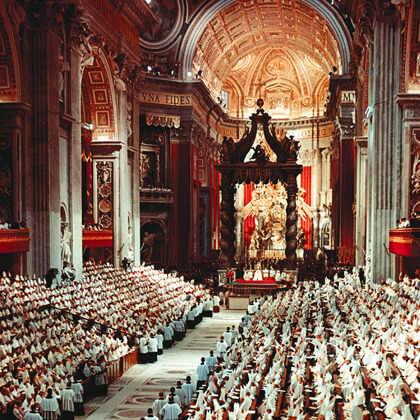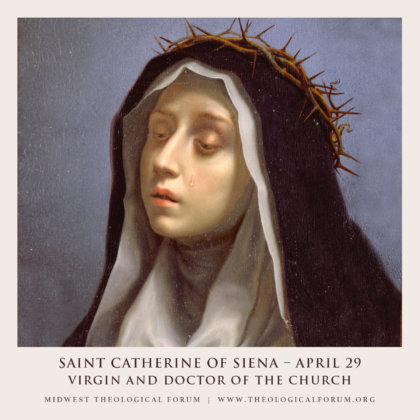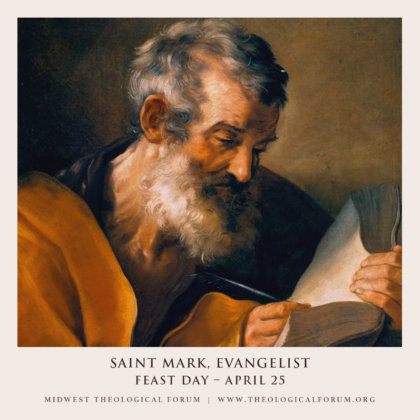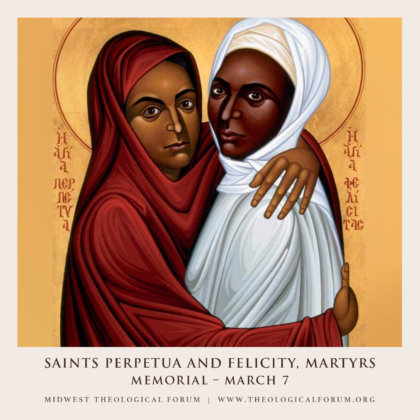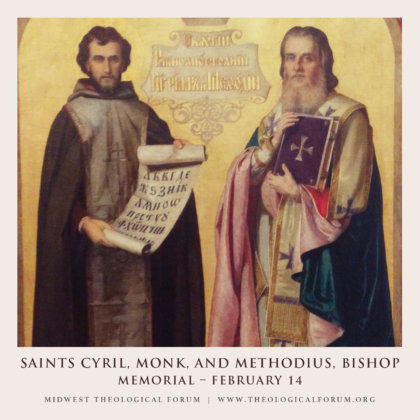*** *** *** St. Catherine (1347-1380) was a Third Order Dominican, mystic, activist, and author.
— St. Catherine wrote letters to rulers and clergy in defense of the Church and her influence proved to be significant. She was instrumental in the return of Pope Gregory XI from Avignon to Rome, ending the “Avignon Papacy.” Her short life is an example of courage; in word and deed, St. Catherine displayed her […]

